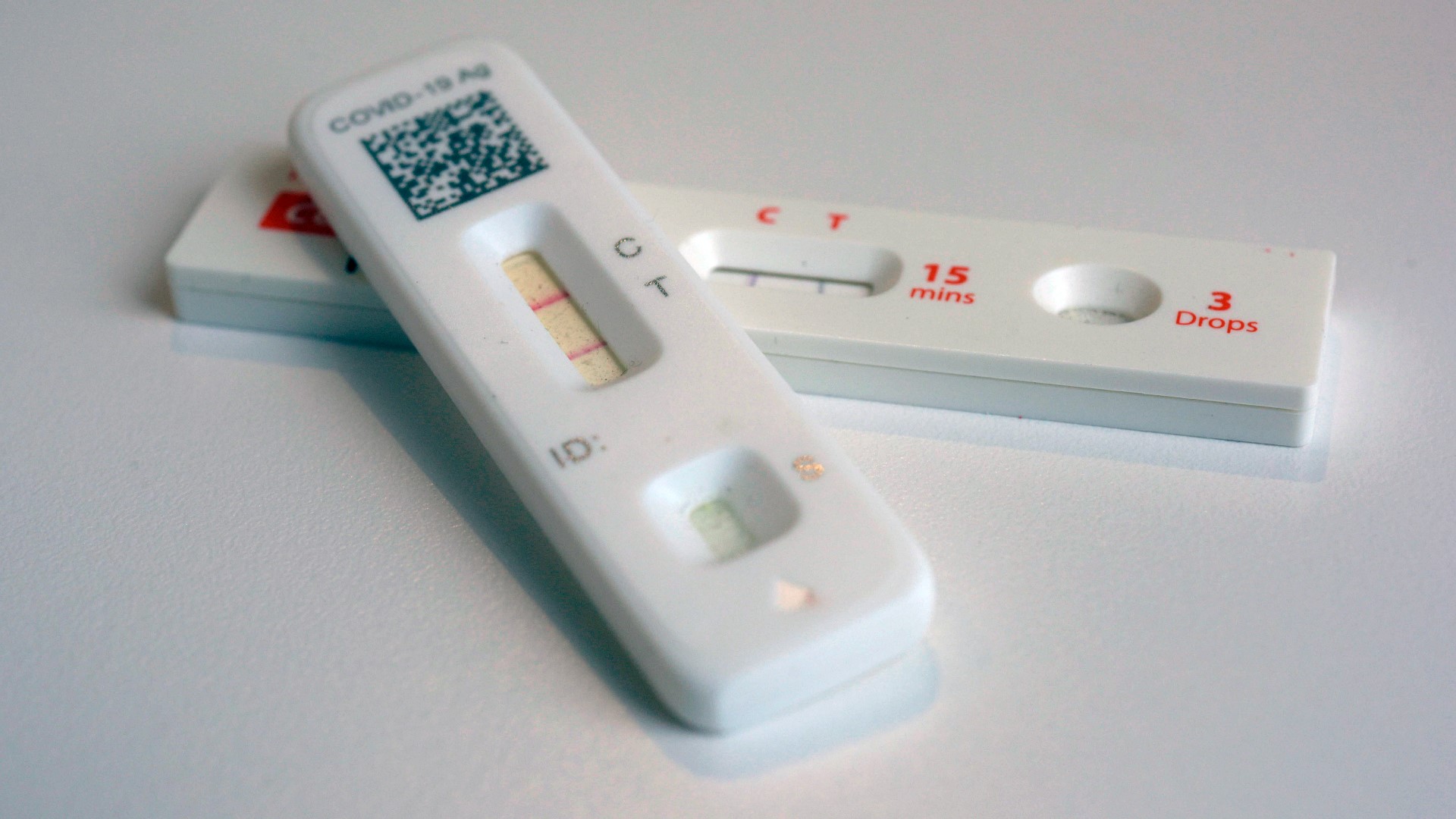HARRISBURG, Pa. — Pennsylvania Governor Tom Wolf and Health Secretary Dr. Rachel Levine on Thursday signed new orders requiring that restaurants in the commonwealth that serve alcohol for on-site consumption must stop serving at 11 p.m. and must remove all alcoholic beverages from patrons by midnight.
The orders go into effect on Monday, the administration said.
The new orders apply both to restaurants that self-certify to increase their indoor capacity to 50 percent and those who choose to not to self-certify and remain at 25 percent, according to the administration.
There is no change to the requirements for the temporary sale of cocktails-to-go and take out alcohol sales from bars, restaurants or hotels with a liquor license.
“As we continue to take critical steps to continue to mitigate the spread of COVI-19, we also recognize that this pandemic has taken a significant toll on the food services industry, so we must balance public health and economic recovery,” Wolf said in a press release. “These orders give restaurants the ability to increase indoor occupancy safely while giving customers confidence when deciding to patronize a restaurant.”
The recently announced self-certification process will enable restaurants to increase indoor occupancy to 50 percent while adhering to mitigation efforts that will keep employees and customers safe.
Starting Monday, restaurants can begin submitting their self-certification documents to an Open & Certified Pennsylvania database.
Restaurants that self-certify will appear in an Open & Certified Pennsylvania searchable online database of certified restaurants across the commonwealth and will receive Open & Certified Pennsylvania branded materials, such as window clings and other signage designating their certification, which they can display for customers and employees.
The self-certification documents and information about the Open & Certified Pennsylvania program will be available online on Monday, and will contain the following:
- A list of requirements contained in the current restaurant industry guidance and enforcement efforts;
- A statement that the owner has reviewed and agrees to follow these requirements;
- The business’ maximum indoor occupancy number based on the fire code; and
- A statement that the owner understands that the certification is subject to penalties for unsworn falsification to authorities.
Restaurants should complete the online self-certification process by October 5, when enforcement relative to 50 percent occupancy will begin.
Self-certification will still be available after October 5, the administration said.
Business owners should keep a copy of the self-certification confirmation they will receive by e-mail. The self-certification will be used as part of ongoing enforcement efforts conducted by Department of Agriculture and Pennsylvania State Police Bureau of Liquor Control Enforcement, and will be shared with the departments of State, Labor & Industry and Health, and other enforcement agencies.
Self-certifying will not lead to additional inspections. The occurrence of regularly scheduled or complaint-based inspections from enforcement agencies will not be affected by certification status. In fact, certifying proves that a business is committed to protecting employees and providing patrons a safe dining experience. Any health and safety violations from self-certified businesses will be handled first with warnings and education rather than fines or other penalties.
The Wolf Administration has released Frequently Asked Questions as a reference for restaurant owners and the public, along with updated restaurant guidance.
Sources: Office of Governor Tom Wolf and the Pennsylvania Department of Health

